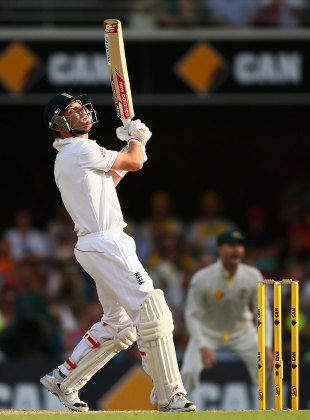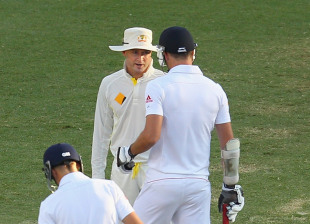Tim Lott in The Guardian
Once, when I was suffering a fit of depression, I walked into a supermarket to buy a packet of washing powder. Confronted by a shelf full of different possibilities, I stood there for 15 minutes staring at them, then walked out without buying any washing powder at all.
I still feel echoes of that sensation of helplessness. If I just want to buy one item but discover that if I buy three of the items I will save myself half the item price, I find myself assailed by choice paralysis.
I hate making consumer choices at the best of times, because I have this uncomfortable suspicion that big companies are trying to gull me out of as much money as possible, using sophisticated techniques designed by people who are smarter than I am.
For instance, when I buy an insurance product, how can I decide whether I should just buy the cheapest, or the best? The best is the one most likely to pay out without penalty or fuss, but that information is much harder to find out than factors such as cost, extent of cover, etc. It’s complicated. So I often try not to make choices – by just putting my payments for insurance with my usual insurers on direct debit, for example, which means I don’t have to think about shopping around.
This issue of choice and complexity lies at the heart of the experience of being modern. It penetrates commerce, politics and our personal lives. It may even be connected to the fact that there are higher levels of depression in society than ever before.
This idea was suggested by Barry Schwartz in his book The Paradox of Choice. Choice oppresses us. Why? Because there are too many choices and they are often too complex for us to be confident that we are making the right one.
When you might have 200 potential choices to make of a particular style of camera, it is difficult to feel sure you have chosen the right one – even if you spend an inordinate amount of time trying to make a rational decision. Or you may see the same model two weeks after you’ve bought it being sold more cheaply. When there was less choice and fewer types of camera, this kind of experience was rare. Our capacity for hindsight has become a means of punishing ourselves.
Complexity is not entirely accidental. Late capitalism solves the dilemma of competition (for the producer) through complexity. To try to choose a mortgage, or a pension, or a computer, requires a tremendous amount of application, so we become relatively easy to gull. Whether it is a power company or a loan company, we struggle to understand tariffs, terms and the small print. Exhausted, we just take a stab and hope for the best, or we succumb to inertia; choose what we have always chosen. Consumers are thrown back on simple cues that are advantageous to the producers, such as brand recognition.
Complexity also impacts on politics. Once it was pretty clear who to vote for – your class position, on the whole, made it a simple matter of self-interest for most voters. Now we have become closer to what is ironically the democratic ideal – ie choice-making actors – voting is more of a challenge than it once was. Do you really have a good enough grasp of economic theory to judge whether it is best to spend or save in a recession? Do you understand the complexities of private provision in the NHS enough to rule it out? Do you know enough about international affairs to support a reduction in defence spending, or a retreat from the EU? Most people don’t – so, again, they make snap judgments based on loyalty and sentiment.
This problem of choice and complexity is ubiquitous. It applies in medicine. If I am ill and asked to make a choice about treatment, I would often rather leave the choice to the doctor, if only because if the wrong choice is made, I am not going to feel nearly so bad about it. I had a prostate cancer scare recently, and I just wanted to be told what to do – not decide whether, say, I should choose an operation that would guarantee impotency in order to stave off a 5% chance of cancer. The burden of choice was too big.
In the field of education a similar dilemma applies. Once your child went to the local primary or secondary. Now you have to decide from a bewildering number of types of school. In the personal realm, once, you stayed married for life. Now, if you are in an unhappy marriage you have to decide whether to stay or not. These may be all positive developments, but they come at a cost – the potential for regret.
So how should one react to complexity? Schwartz suggests we should limit choice, not extend it. If you are shopping for food, go to supermarkets that are priced simply with a limited range, such as Aldi and Lidl. Recognise and accept complexity – which means accepting that you can never be sure that you’ve made the right choice.
Above all, don’t fall for the old trope of only wanting “the best”. Schwartz calls such people “maximisers” – people who are never happy, because they have expectations that can never be met, since in a world of complexity and unlimited choice there is always a better option. Be a “satisficer” instead – people who are happy to say “that’s good enough”, or “it’ll do”.
This may not work in politics – saying the Conservatives “will do” when you wanted the Green party is not very satisfactory – but as a consumer, and in life generally, it’s a pretty good formula. It’ll do, anyway.

